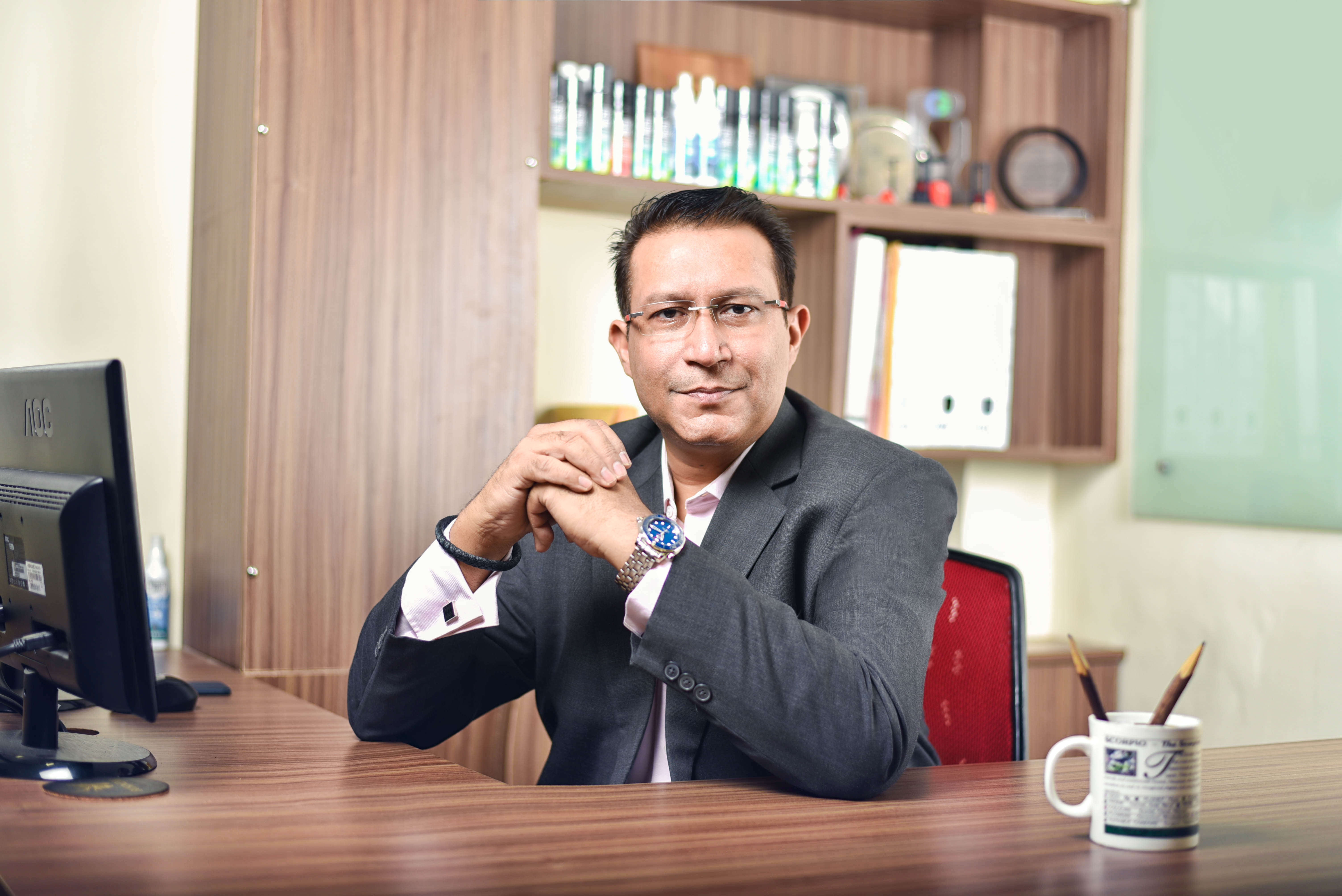India has made steady economic progress since independence and has been witness to the emergence of untold wealth in the past few decades. Yet, the country remains a land of stark contrast, for what can be called ‘the real India’ conveys something different, namely exemplifications of impoverishment. The most longstanding one is the case in point of sanitation and hygiene (or lack thereof).
India’s predicament with regard to sanitation is no secret and every day, millions of Indians defecate in the open because of the palpable lack of access to clean toilets. This coupled with the commonplace practice of littering has given India the title of one of the dirtiest countries in the World. Consequently, many international tourists and even fellow Indians are rendered reluctant to visit the many beautiful places that India also has to offer, be it the mountains of Ladakh or the beaches of Goa, for the first impression of India is often the last.
So why does this issue prevail? In addition to ubiquitous poverty, some attribute it to an indifferent attitude, while some say it owes to lack of awareness regarding the detrimental consequences of littering and insanitation. Either way, what is needed is an immense education program that aims to rid our roads, railway stations and temples of refuse by inculcating consciousness and making cleanliness nothing short of a civic duty.
Narendra Modi’s Swacch Bharat Programme, launched in 2014, is arguably the most well-known attempt by the Indian Government. The movement helped in spreading awareness and this was exacerbated by the fact that revered celebrities like Amitabh Bachan took to the streets to do their fair share of cleaning. The programme was a recipient of a lot of publicity and attention, courtesy of the media. Swacch Bharat also seems to have made some empirical progress, for almost 50 million Indian households got access to toilets from 2014 to 2017 and thousands of villages have been rendered open defecation free. Despite these unequivocal successes, however, a lot of challenges lie ahead. A colossal one is getting people to start using the toilets that have been built. It has been reported that many rural Indians continue to defecate in the open even after having access to toilets. This is because public defecation has become more than a reaction to the lack of sanitation, for it has become a part of rural culture.
While programmes of such colossal scales (millions are affiliated with Swacch Bharat) are making steadfast progress, teaching the most basic steps for keeping clean like washing hands before meals and after using the toilet can go a long way in a country like India, as can discouraging the practice of littering and the impartation of knowledge regarding diseases that garbage spreads. The provision of safe and clean drinking water can reduce the prevalence of diseases like diarrhea and typhoid.
The role of start-ups must not be negated by any means. We are witness to companies manufacturing portable, electronic and eco-friendly toilets. Start-ups have also taken it upon themselves to educate the population on the issues of sanitation and hygiene, which are cardinal to India. Innovators have also created various disinfectants that can make otherwise revolting public toilets usable. All in all, we are witnessing the emergence of a hygiene industry, albeit it is most unfortunate that we need one.
It is profoundly hoped that the government succeeds in its venture and the second of October 2019 becomes a day that marks an unprecedented achievement- a way out of the shackles of impoverishment. It would be a perfectly appropriate occasion to commemorate the memory of Mahatma Gandhi, for Gandhiji stressed and put the emphasis on the concept of ‘swacchta’ vehemently. He was a firm believer in equating cleanliness with the doctrine of Godliness and thus, let the second of October 2019 be the date that India honours the man’s unique life and vision by making daunting progress towards a cleaner, safer and better nation.
About the Author : The article has been contributed by Mr. Vikas Bagaria, Founder, Pee Safe.

